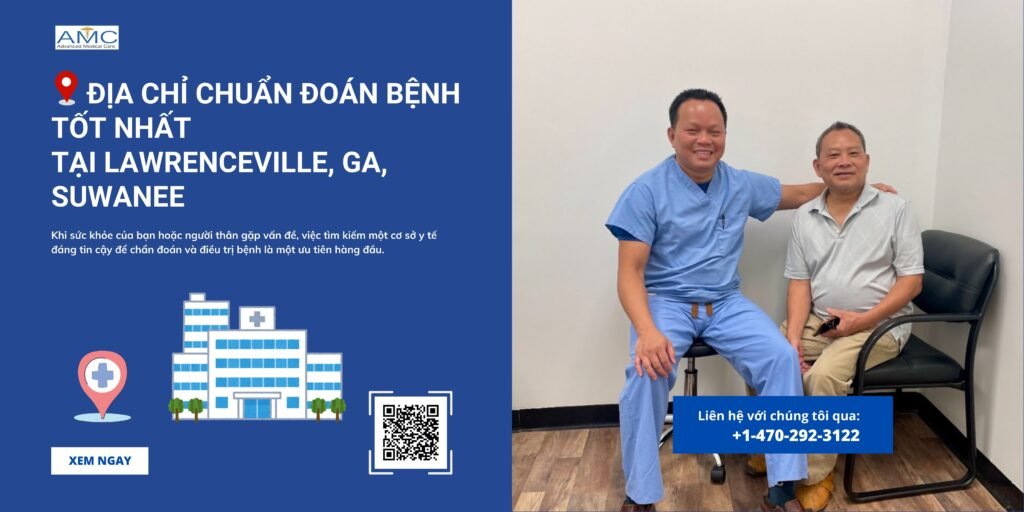Finding the right general practitioner is a pivotal decision that can greatly influence your overall health and well-being. In Lawrenceville, Georgia, GA a city known for its vibrant community and diverse healthcare options, the search for a trusted medical provider can be both exciting and overwhelming. With numerous practitioners available, each offering varying specialties and approaches to care, it’s crucial to equip yourself with the essential tips that will guide you in making an informed choice. This article aims to illuminate key factors to consider when selecting a general practitioner, ensuring that you establish a strong partnership with a healthcare professional who meets your unique needs and preferences.

I. Understanding Your Healthcare Needs
A. Assessing Your Health Conditions
1. Chronic Illnesses
Chronic illnesses, such as diabetes, hypertension, or asthma, significantly impact your overall health and quality of life. Recognizing any chronic conditions is crucial as it allows you to manage symptoms effectively and prevent complications. Regular monitoring, medication adherence, and lifestyle adjustments are essential components in managing these illnesses. Engage in open discussions with your healthcare provider to establish a personalized care plan that addresses your specific needs.
2. Preventive Care Needs
Preventive care is vital for maintaining optimal health and catching potential issues early. This includes routine screenings, such as blood pressure checks, cholesterol levels, and cancer screenings (e.g., mammograms, colonoscopies). Regular check-ups help identify risk factors and implement early interventions. Moreover, lifestyle choices—such as maintaining a balanced diet, engaging in regular physical activity, and managing stress—play an important role in prevention. Collaborate with your healthcare team to develop a preventive care plan tailored to your individual risks and health goals.
3. Family Medical History
Understanding your family medical history is a key factor in assessing your healthcare needs. Many health conditions have genetic components; thus, knowing the health issues that have affected your family can help your healthcare provider determine your risk levels for certain diseases. When discussing your family history, be sure to cover conditions like heart disease, cancer, diabetes, and mental health disorders. This information can guide your preventive care strategy and inform necessary screenings or lifestyle changes.
B. Identifying Specific Services Required

1. Routine Check-Ups
Routine check-ups are foundational to maintaining your health. These appointments provide an opportunity for your healthcare provider to assess your overall health status, monitor any chronic conditions, and update vaccinations. During these visits, your provider will evaluate your vital signs, discuss any health concerns, and recommend screenings based on your age and health history. Establishing a schedule for routine check-ups—typically once a year for most adults—ensures that you stay on track with your health maintenance.
2. Vaccinations
Vaccinations are crucial in preventing various infectious diseases and protecting public health. Depending on your age, lifestyle, and medical history, your healthcare provider may recommend specific vaccines, such as the flu vaccine, Tdap, shingles, or COVID-19 vaccines. It’s important to stay informed about vaccination schedules and any booster shots required over time. Ensure that you discuss any concerns or questions with your healthcare provider to make well-informed decisions about your immunization needs.
3. Specialist Referrals
Identifying the need for specialist referrals can enhance your healthcare journey, especially when dealing with specific health concerns. Your primary care physician can refer you to specialists—such as cardiologists, endocrinologists, or orthopedists—when specialized expertise is necessary for diagnosis and treatment. Clear communication about your symptoms and health history is essential during these referrals to ensure that you receive the most appropriate care. Additionally, maintaining a cohesive care team that includes your primary care provider and specialists can streamline treatment processes and improve health outcomes.
II. Researching Potential General Practitioners

A. Gathering Recommendations
1. Asking Friends and Family
One of the most reliable ways to find a general practitioner is to ask friends and family for recommendations. Personal experiences can provide valuable insights into a physician’s bedside manner, communication style, and overall effectiveness. Reach out to those in your circle who have had positive experiences with their doctors, and inquire about what they appreciated most. This direct feedback can help you create a shortlist of potential practitioners who may align well with your healthcare needs.
2. Online Reviews and Ratings
In today’s digital age, online reviews and ratings are invaluable tools for researching healthcare providers. Websites like Healthgrades, RateMDs, and Zocdoc allow patients to share their experiences and rate their physicians based on various criteria, including wait times, staff friendliness, and the quality of care received. While online reviews should be taken with a grain of caution, they can offer a broader perspective on a practitioner’s reputation. Look for trends in the reviews—both positive and negative—to gain a clearer understanding of what you can expect.
3. Local Health Forums and Social Media
Local health forums and social media platforms can also be excellent resources for researching potential general practitioners. Online communities, such as Facebook groups or Reddit threads focused on health in your area, often discuss various healthcare providers. Engaging with these communities allows you to gather diverse opinions and experiences, helping you make an informed decision. Additionally, you can ask specific questions about physicians you’re considering, which may provide insights that standard reviews do not cover.
B. Checking Qualifications and Experience
1. Board Certification
When evaluating potential general practitioners, checking for board certification is crucial. This certification indicates that the doctor has completed rigorous training and has met the standards set by the American Board of Medical Specialties. A board-certified physician has demonstrated proficiency in their field, which is a strong indicator of their expertise and commitment to continuous education. Ensure that the practitioner you consider has the necessary board certification relevant to their specialty.
2. Years of Practice
Experience matters when it comes to healthcare. Inquire about how long the general practitioner has been in practice, as seasoned doctors often have encountered a wide variety of cases and are better equipped to handle complex medical issues. Generally, physicians with more years in practice have refined their diagnostic skills and treatment plans, allowing them to provide a higher quality of care. However, newer practitioners can also offer fresh perspectives and up-to-date training, so consider a balance of experience and recent education.
3. Areas of Specialization
Understanding a general practitioner’s areas of specialization can help ensure they meet your specific health needs. Some general practitioners have additional training or focus on particular conditions, such as women’s health, geriatrics, or sports medicine. If you have specific health concerns or conditions, it may be beneficial to find a doctor whose expertise aligns with your requirements. This specialization can lead to a more tailored approach to your healthcare, fostering better communication and more effective treatment plans.
C. Introduction to Dr. Dong Dang at Advanced Medical Care & Urgent Care
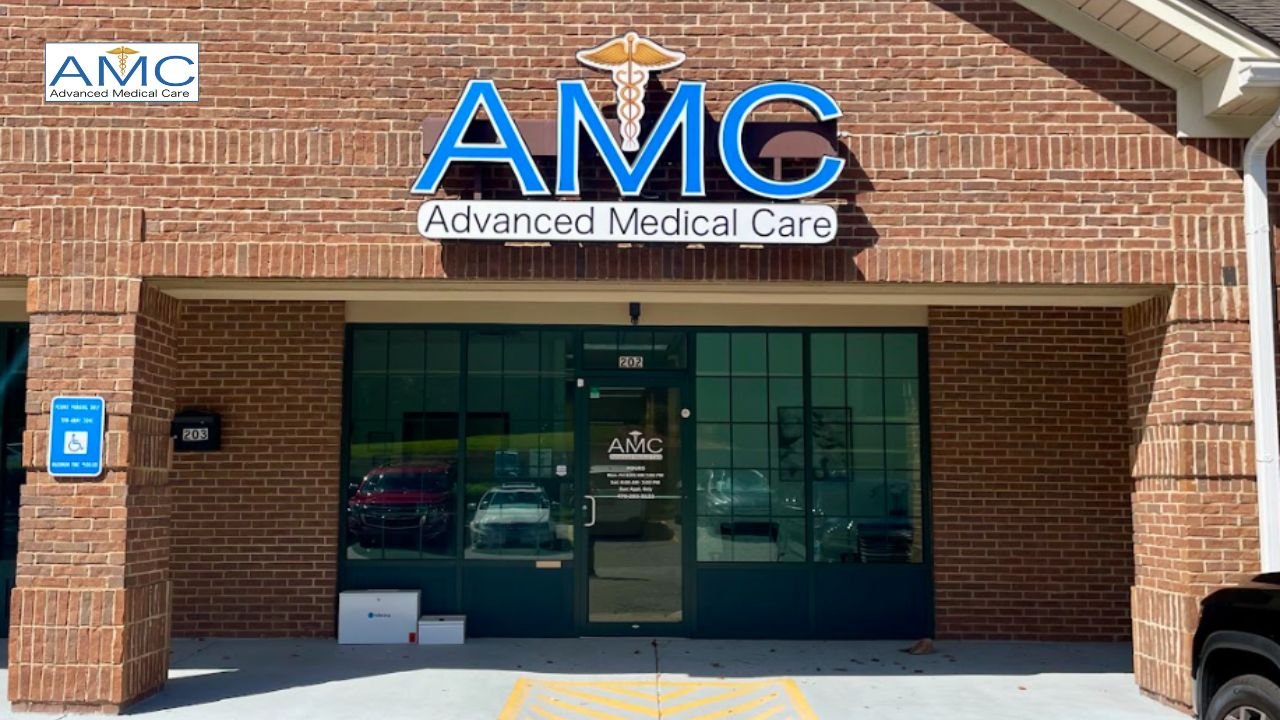
Dr. Dong Dang is a highly qualified and skilled physician at Advanced Medical Care & Urgent Care. With extensive training and a strong commitment to patient care, Dr. Dong Dang is dedicated to providing comprehensive healthcare services tailored to meet the unique needs of each patient. His expertise spans a variety of medical areas, ensuring that patients receive accurate diagnoses and effective treatments. Patients appreciate Dr. Đặng’s compassionate approach, thoroughness, and willingness to listen, making him a trusted choice for those seeking a general practitioner in Lawrenceville.
III. Evaluating the Location and Accessibility
A. Considering the Proximity to Your Home or Workplace
When choosing a healthcare provider, the location’s proximity to your home or workplace is a vital factor. A conveniently located practice can make it easier to attend appointments, especially for routine check-ups or ongoing treatments. Ideally, you want a general practitioner who is close enough to minimize travel time and reduce the likelihood of missing appointments due to distance. Considering the overall accessibility of the location can significantly impact your healthcare experience and consistency in receiving care.
B. Assessing the Availability of Public Transport and Parking
Accessibility is not just about distance; it also involves transportation options. Assess whether the practice is accessible via public transport if you rely on buses or trains to reach your healthcare provider. Understanding local transit routes and schedules can help you plan your visits effectively. Additionally, evaluate the availability of parking spaces at the practice. Having ample parking can relieve stress on appointment days, allowing you to arrive on time and focus on your healthcare rather than worrying about where to park.
C. Inquiring About Office Hours and Appointment Scheduling Flexibility
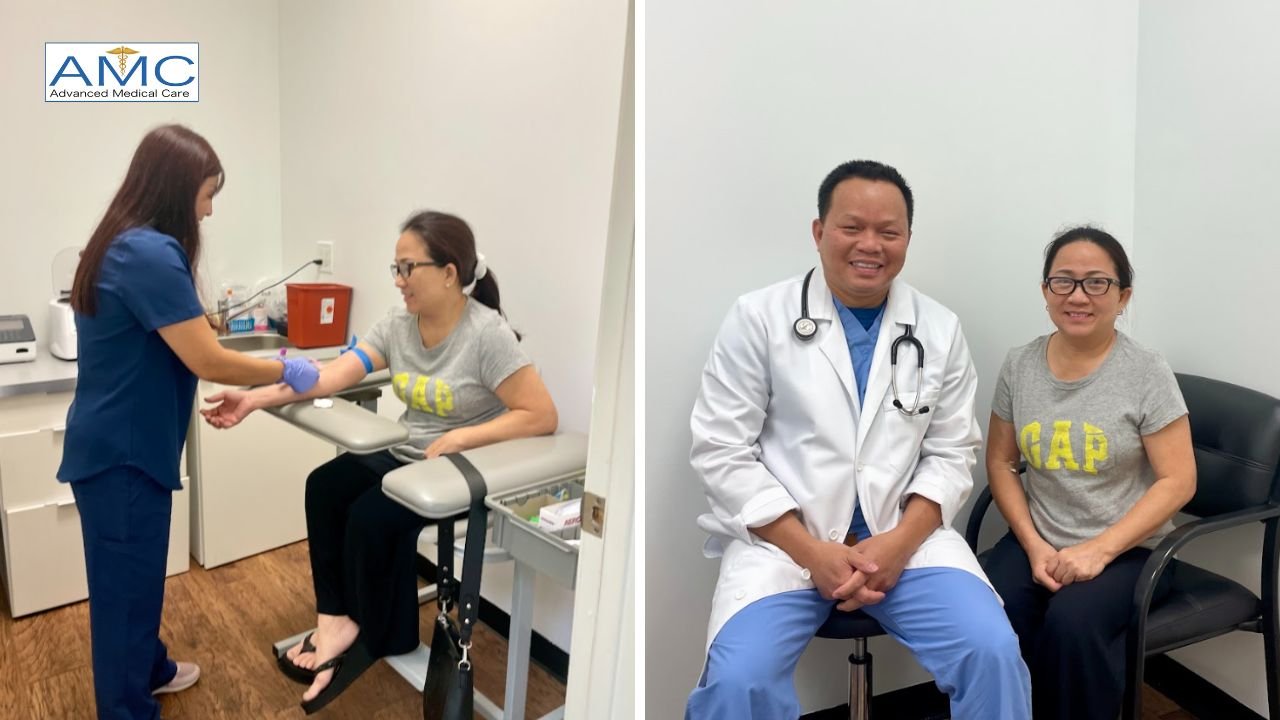
Office hours and appointment scheduling flexibility are essential considerations when selecting a healthcare provider. Look for practices that offer hours that align with your schedule, including evenings or weekends, to accommodate your availability. Flexibility in appointment scheduling, such as same-day appointments or the option for telehealth visits, can enhance your experience and ensure that you receive care when you need it. A provider who understands and accommodates your schedule can significantly reduce barriers to accessing healthcare.
If you’re looking for a reliable healthcare provider, consider visiting Advanced Medical Care & Urgent Care. Their office hours are as follows:
- Monday to Friday: 8:00 AM – 5:00 PM
- Saturday: 8:00 AM – 3:00 PM
Address:
1180 McKendree Church Rd, Suite 202,
Lawrenceville, GA 30043
With convenient hours and a central location, Advanced Medical Care & Urgent Care is well-positioned to meet your healthcare needs. Their dedicated team is committed to providing high-quality care, making it easier for you to prioritize your health.
IV. Assessing Communication and Compatibility
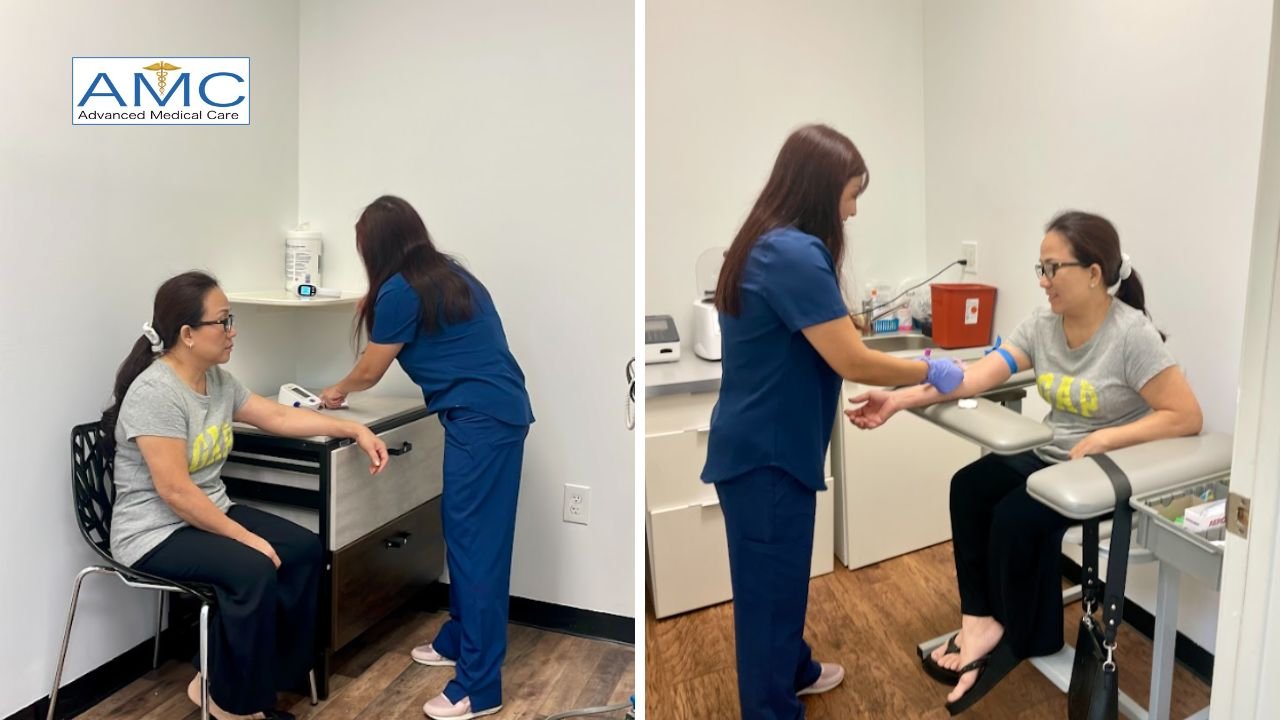
A. Importance of Feeling Comfortable with Your GP
Feeling comfortable with your general practitioner (GP) is essential for a successful healthcare relationship. Comfort fosters open communication, which is critical for discussing sensitive health issues and personal concerns. A GP should create a welcoming environment where patients feel safe to express their symptoms, ask questions, and share their medical histories. When patients are comfortable, they are more likely to engage in their healthcare actively, adhere to treatment plans, and attend regular check-ups. A strong rapport with your GP can lead to a more positive healthcare experience and improved health outcomes.
B. Evaluating Communication Style and Approachability
The communication style and approachability of your GP significantly impact your healthcare experience. It is essential to evaluate whether your doctor communicates clearly and effectively, using language that you understand without overwhelming medical jargon. An approachable GP encourages patients to ask questions and discuss their concerns without hesitation. During your initial visit, pay attention to how the doctor listens to you, addresses your inquiries, and explains medical concepts. A collaborative communication style is vital, as it ensures you feel heard and respected in the decision-making process regarding your health.
C. Discussing the Importance of a Shared Understanding of Health Goals
A shared understanding of health goals between you and your GP is crucial for effective healthcare management. When both parties are aligned on treatment objectives, it enhances cooperation and commitment to the prescribed health plans. Discuss your health priorities and expectations during your consultations, and encourage your GP to share their insights and recommendations. This collaborative approach allows you to work together toward common goals, whether managing a chronic condition, improving overall wellness, or achieving specific health milestones. A strong partnership based on mutual understanding can significantly enhance your healthcare journey.
V. Understanding the Range of Services Offered

A. Identifying the Services You May Need
When selecting a healthcare provider, it’s essential to identify the range of services you may need to maintain your health. Preventive care is a crucial aspect of this, as it includes routine check-ups, screenings, and vaccinations designed to detect health issues early and promote overall well-being. Regular visits to your general practitioner can help monitor your health and prevent potential illnesses. Additionally, vaccinations are vital for protecting against various diseases and ensuring your long-term health. Understanding the specific preventive services offered by your provider can help you stay proactive in managing your health.
B. Inquiring About Any Specialized Services Provided
In addition to general healthcare services, it’s beneficial to inquire about any specialized services your GP may offer. Many practices provide on-site lab tests, diagnostic screenings, and imaging services, which can enhance the convenience of your healthcare experience. These specialized services may include blood tests, X-rays, and other diagnostic procedures that allow for quick assessments and timely results. Having access to these services at your primary care office can save you time and reduce the need for referrals to external facilities, making it easier to manage your health in one place.
C. Understanding Referral Processes for Specialists if Needed
Despite the comprehensive care offered by your general practitioner, there may be times when you need to see a specialist for more in-depth treatment or evaluation. Understanding the referral processes within your healthcare practice is vital. A well-organized referral process ensures that you receive timely access to specialized care without unnecessary delays. During your discussions with your GP, ask about how referrals are handled, including whether they coordinate with specialists on your behalf and what information you will need to provide. Knowing the steps involved can alleviate stress and facilitate a smoother transition when seeking specialized care.
VI. Checking Insurance and Payment Options

A. Confirming the GP’s Acceptance of Your Health Insurance
Before selecting a general practitioner (GP), it’s crucial to confirm whether they accept your health insurance plan. Most healthcare providers will have a list of accepted insurance plans available on their websites or in their office. Contact the practice directly to inquire about their participation with your specific insurance provider. Understanding which services are covered and what the insurance company will pay can prevent unexpected costs later. Additionally, knowing your GP’s acceptance of your insurance allows you to make informed decisions regarding your healthcare without worrying about financial burdens.
B. Understanding Out-of-Pocket Costs and Payment Plans
Even with insurance coverage, it’s essential to be aware of potential out-of-pocket costs associated with your healthcare services. These may include copayments, deductibles, and any costs related to services not covered by your insurance plan. Ask your GP’s office for a breakdown of these costs so you can prepare accordingly. Additionally, many practices offer payment plans to help manage out-of-pocket expenses. Inquire whether the practice has flexible payment options or financial assistance programs, which can alleviate the financial strain of medical bills and make healthcare more accessible.
C. Exploring Options for Uninsured Patients
If you are uninsured, exploring available options for affordable healthcare is vital. Many general practices offer services on a sliding scale based on income or have specific programs to assist uninsured patients. It’s important to discuss your situation openly with your GP’s office to determine what assistance may be available. Some clinics may also offer reduced fees for services, payment plans, or partnerships with local organizations that provide financial support for healthcare expenses. Understanding these options can ensure you receive the necessary care without overwhelming financial stress.
VII. Visiting the Practice
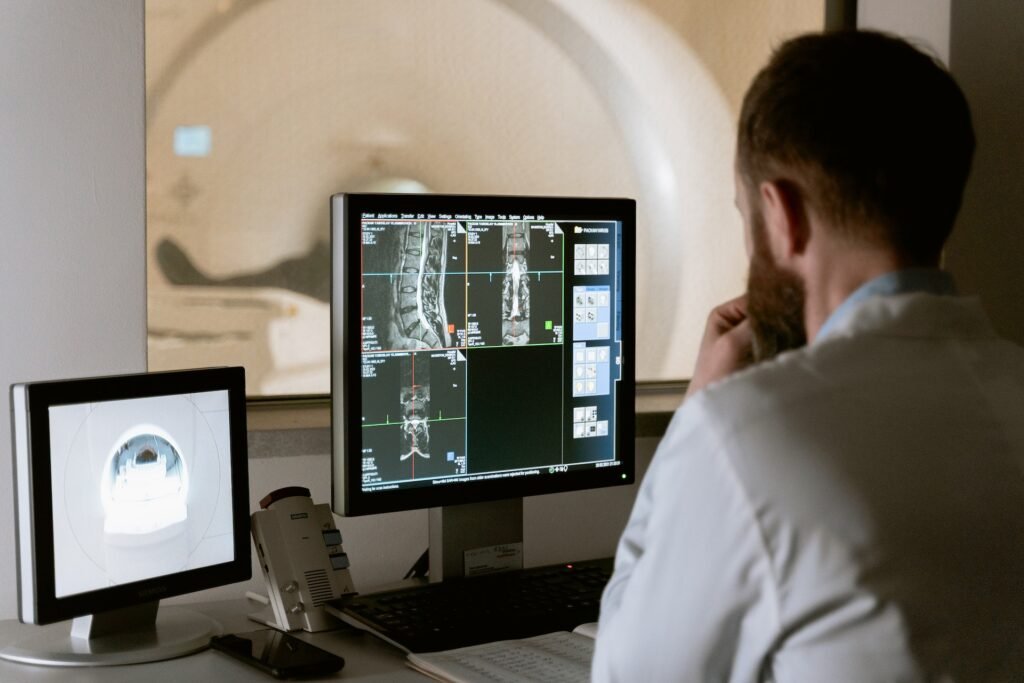
A. Importance of Scheduling an Initial Consultation
Scheduling an initial consultation with your general practitioner (GP) is a vital step in establishing a productive healthcare relationship. This visit provides an opportunity to discuss your health history, outline your medical needs, and evaluate the GP’s approach to care. During this consultation, you can ask questions about their services, treatment philosophies, and any specific health concerns you may have. This face-to-face interaction allows you to gauge whether you feel comfortable with the GP and the practice environment, setting the stage for a positive long-term partnership in managing your health.
B. Observing the Practice Environment
The practice environment plays a significant role in your overall healthcare experience. When you visit the office, take note of the cleanliness and organization of the facility. A well-maintained practice often reflects the level of care provided. Additionally, observe the friendliness and professionalism of the staff. Courteous and helpful staff members can create a welcoming atmosphere, making it easier for you to address any concerns or questions during your visits. A positive environment fosters trust and comfort, essential components in building a successful relationship with your healthcare provider.
C. Assessing Wait Times and the Overall Patient Experience
Evaluating wait times and the overall patient experience during your visit is crucial for assessing a healthcare practice’s efficiency. Long wait times can indicate organizational issues, which might affect your future appointments. While some delays are inevitable in healthcare settings, a practice that values patient time will make efforts to minimize wait periods and keep patients informed about delays. Pay attention to how the staff manages appointments and patient flow. A smooth and respectful patient experience, from check-in to consultation, is a good indicator of the practice’s commitment to quality care and patient satisfaction.
Conclusion
In conclusion, selecting the right general practitioner is crucial for ensuring your health and well-being. By considering factors such as qualifications, experience, communication style, and patient reviews, you can make a more informed decision. It’s important to choose a healthcare provider who aligns with your personal health needs and offers a comfortable environment for consultations.
For residents of Lawrenceville, Georgia, GA we highly recommend visiting Advanced Medical Care & Urgent Care. With a team of skilled professionals led by Dr. Đông Đặng, this clinic is dedicated to providing exceptional patient care tailored to your unique needs. Whether you require routine check-ups or urgent medical attention, you can trust Advanced Medical Care & Urgent Care to deliver quality healthcare in a welcoming atmosphere. Prioritize your health by scheduling an appointment today!

